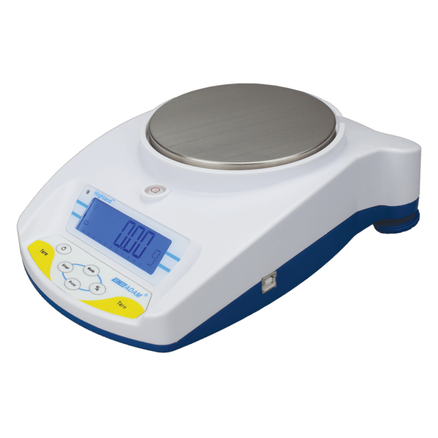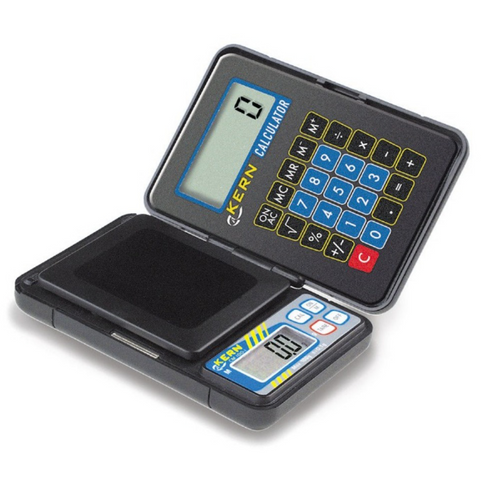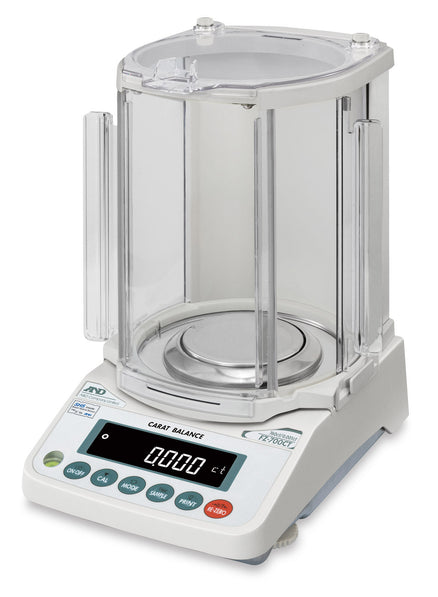
Jewellery Scales: A Buyers Guide
Buying jewellery scales can be confusing, especially as they come with their own unique qualities and functions that make them suitable for weighing precious metals, gems and stones. Home users, commercial jewellers, pawn shops and gold weigh shops will all need a dependable set of jewellery scales – but how to you know what to buy? This blog aims to help.
What is a jewellery scale?
A jewellery scale is a collective name used to describe a weighing scale or balance that is used to weigh jewellery, precious metals or gem stones. They are most commonly a type of pocket scale, compact scale or precision balance and feature extremely precise readabilities for weighing even the smallest of subjects such as powders, small precious stones or rings. They differ from regular weighing scales because use units that are specific to weighing jewellery, such as carats or troy ounces.
Do I need trade approved jewellery scales?
In commercial jewellery weighing environments, such as jewellers, pawn shops and wholesalers, trade approved weighing scales are required by UK law, and not doing so could result in fines or even prison sentences! Trade approved jewellery scales must be used for any transactional situation where the scale is used to determine the price of jewellery based on its weight. Users are however free to check the weight of their jewellery at home using none trade certified scales to estimate how much they might receive for an item.
For more information on trade approvals in the UK, please see our blog post.
What units should my jewellery scale have?
The weighing units are what sets a jewellery scale apart from a regular compact or portable balance. Jewellery is commonly measured in grams, carats or troy ounces, although momme and tael is also sometimes used.
A carat is equal to 0.2g and are commonly used for weighing gemstones including diamonds, emeralds and quartz. This often confused with a karat unit, which is properly used to measure the physical size of a precious stone.
Troy ounces are equal to 31.1g (which is heavier than a normal ounce which is equal to 28.35g) and are used for weighing gems, gold or silver.
Do I need portable jewellery scales?
Many jewellery scales feature rechargeable batteries that enable them to be used anywhere without a power socket, making them perfect for taking to clients or weighing on the go. Compact scales and pocket scales are among the most portable scales you will find and can easily be picked up and transported in a bag or stored away for later use.
Some precision balances may be larger and may not feature a rechargeable battery, although many can be safely transported using one of our secure carry cases.
Should my jewellery scale have internal or external calibration?
Calibration is hugely important to all weighing scales and balances, and jewellery scales are no exception. Incorrect weighing results due to an uncalibrated device can lead to profit losses for commercial jewellers, which over time could become significant.
There are two modes of calibration – internal and external calibration – each with their own advantages and disadvantages:
Internal calibration uses a built in internal mechanism to make sure your weighing results are correct. This can often be set to a timer so that calibration takes places at certain points of a day, or can be enabled with the simple press of a button. Internal calibration is a newer technology so will therefore add extra cost onto your weighing scale.
Jewellery scales with external calibration will require the use of approved calibration weights. These weights must be manually placed individually onto the weighing pan and users will then change to display weight to match that if the calibration weight. Jewellery scales with external calibration do tend to be more affordable, although you will need to purchase a set of calibration weights.
Our bestselling jewellery scales

Adam HCB ‘Highland’ Approved Portable Precision Balance
The Adam HCB ‘Highland’ Approved Portable Precision Balance is a robust and intuitive jewellery scale that is one of our most popular weighing balances. It is suitable for commercial jewellery dealers and home users alike, with trade approved and non-trade approved models available. It comes with both gram and carat units and comes with Adam Equipment’s patented ShockProtect for extra protection from shock loading or accidental overload. The Highland is versatile and is suitable for weighing all kinds of jewellery including necklaces, earrings, precious stones and bracelets.

Kern CM Pocket Balance
The Kern CM Pocket Balance is the perfect scale for weighing on the go, thanks to its compact, portable design that can fit inside a bag or pocket with ease. This is an affordable portable jewellery scale that even features an in built calculator that is perfect for carrying out unit conversions. This is NOT a trade approved instrument but is ideal for either home use or quick jewellery price estimates. The CM Pocket Scale is suitable for weighing small amounts of jewellery such as gold chains or loose stones.

A&D FZ-I Trade Approved Jewellery Scale
The A&D FZ-I Trade Approved Jewellery Scale is a trade approved jewellery scale that is perfect for commercial jewellers looking for a highly precise instrument. It measures in grams, troy ounces and carats, and features intuitive checkweighing, parts counting and percentage weighing functions that can make jewellery weighing faster and more efficient. It also features automatic internal calibration to ensure that your balance is kept accurate at all times.
If you require more help in selecting your jewellery scale, please Get In Touch.

Leave a comment